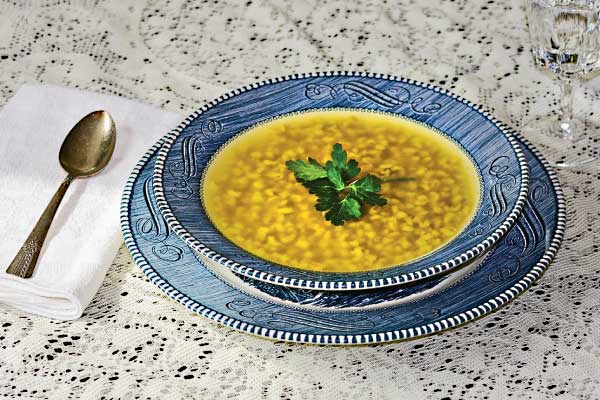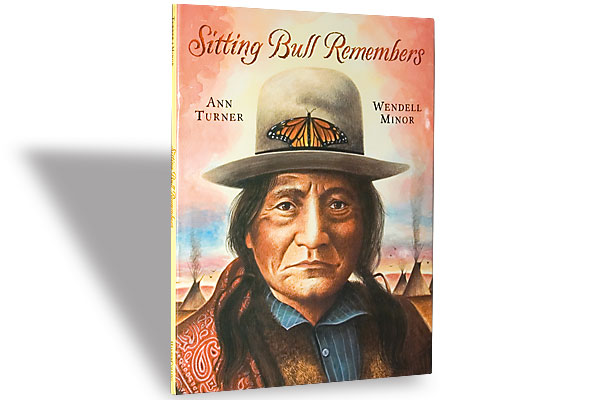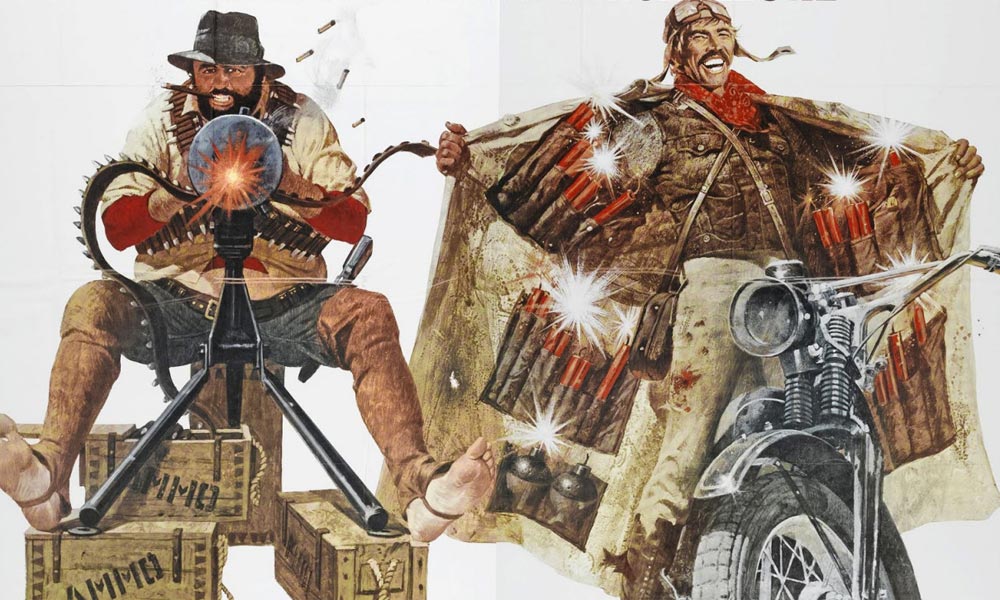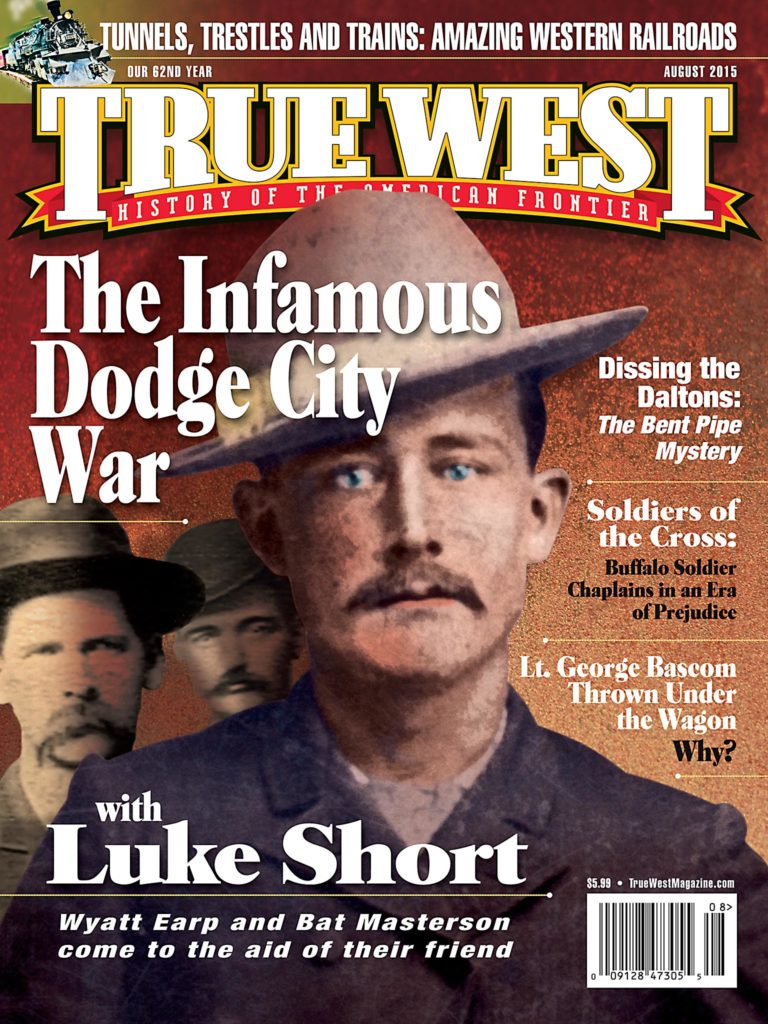
In just one short year, the Brown Palace had become one of the leading hotels in the frontier West.
Its reputation was such that, in September 1893, a manager bragged about his previous employment in an ad for the new Oriental Hotel in Dallas, Texas, published in The Dallas Morning News: “W.J. Alden…formerly of the Brown Palace Hotel, Denver.”
Guests have been spoiled at the Brown Palace Hotel in Denver, Colorado, since its opening on August 12, 1892. In the early years, the main dining hall, originally at the top of the hotel’s eight-story atrium lobby, stretched two stories high and offered a beautiful panoramic view of the Rocky Mountains. Pioneers enjoyed menus as lavish as the hotel itself, featuring dishes such as broiled lake trout with parsley sauce and lamb chops á la Nelson.
Such luxury derived from an Ohio orphan, Henry Cordes Brown. By the 1850s, he had practiced his carpenter’s trade in Missouri, California, Washington and Oregon, only to lose his $50,000 fortune in the panic of 1854. He built up his funds again. In July 1860, when 39-year-old Brown stopped in the two-year-old Colorado mining town of Denver, he decided to stay. He purchased several acres of land, including a triangular plot at the corners of Broadway, Tremont and 17th Streets.
He was forced to sell his house in 1877, due to yet another economic panic, but the enterprising Brown recovered his fortune by the 1880s. He decided fast-growing Denver needed a grand, “unprecedented” hotel.
Starting in 1888, Brown spared no expense in building his hotel on his triangular plot. For instance, workers dug an artesian well 720 feet beneath the hotel to provide water; the hotel still gets its water from these wells. Brown spent a staggering $1.6 million on his hotel, in addition to $400,000 more to furnish it—equal to $53.7 million today.
He may have even been generous in addressing the more base needs of his guests. A tunnel reportedly ran beneath the Brown over to the Navarre building across the street, which could have allowed male guests access to the house of gambling and prostitution.
Being generous with guests landed the hotel in a scandal five years after opening. On October 20, 1897, the Brown Palace offered a variety of ducks on its menu, including teal and mallard. At that time, a duck on a menu indicated a restaurant of high quality.
Yet instead of being applauded for the grand menu, the Brown was fined $25, equal to $727 today, and trial costs. A complaint filed by T.S. Swan, game and fish commissioner, stated the hotel illegally possessed duck, which was not in season.
The Brown’s attorney, Andrew Gillette, argued, “Sir, the legislature has said the printing on the menu of certain words is prima facie evidence that this hotel had certain game in its larder [storage]. That is absurd…. You and I have often ordered an article of food from a menu and have been told that it was out…the printed words are no proof….”
He went on to argue, less effectively: “Mr. Swan’s testimony has proved so far, that there was teal duck in the hotel. It has not proved that…mallard duck [was] in the hotel.”
The court determined the menu proved guilt, and the hotel paid the fine. Relive the glory days of the Brown Palace Hotel by making the shared recipe for a delicious soup that appeared on the hotel’s February 15, 1896, menu.
*** R E C I P E ***
~ Scotch Barley Broth ~
4 cups chicken or vegetable stock
1/2 cup barley
Salt and pepper to taste
Heat the stock over medium heat in a stockpot. When it begins to boil, add the barley.
Reduce the heat, cover and simmer for two hours.
Taste and add salt or pepper as needed. Garnish with parsley.
***
Recipe adapted from Washington’s Tacoma News,
February 13, 1894
Sherry Monahan has penned Mrs. Earp: Wives & Lovers of the Earp Brothers; California Vines, Wines & Pioneers; Taste of Tombstone; The Wicked West and Tombstone’s Treasure. She’s appeared on the History Channel in Lost Worlds and other shows.





